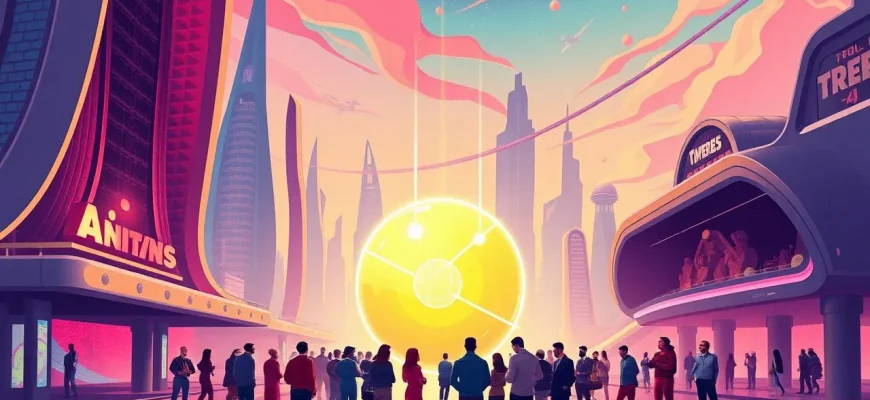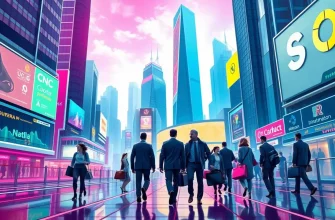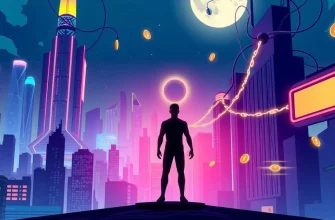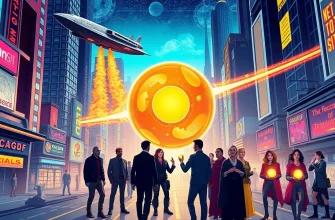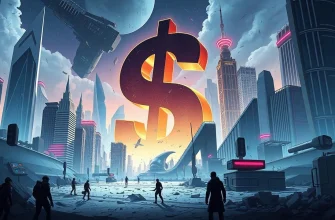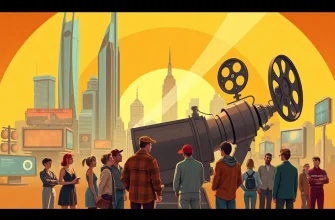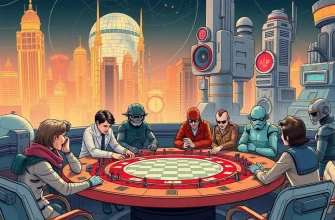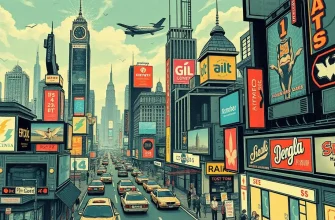In the realm of science fiction, the future often holds not just technological marvels but also complex business landscapes. This curated list of 10 sci-fi films explores the intersection of commerce, innovation, and futuristic societies, offering a unique perspective on how business might evolve in the years to come. Whether it's through corporate espionage, futuristic economies, or the rise of AI in the workplace, these films provide a thrilling and thought-provoking look at the potential future of business.
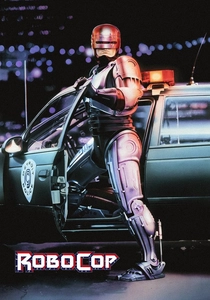
Robocop (1987)
Description: This classic explores the privatization of law enforcement and the commodification of human life through the lens of a cyborg police officer.
Fact: The film was initially conceived as a critique of the Reagan administration's policies, particularly the privatization of public services.
 Watch Now
Watch Now
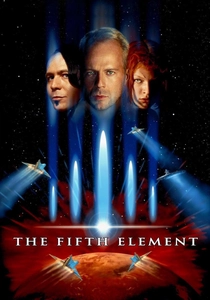
The Fifth Element (1997)
Description: This film features a futuristic New York where business and technology have evolved to extreme levels, with corporations playing a central role in the narrative.
Fact: The film's production design was inspired by the work of French artist Jean Giraud (Moebius).
 Watch Now
Watch Now

Gattaca (1997)
Description: This film examines a society where genetic engineering determines one's social status and career opportunities, showcasing the business of eugenics.
Fact: The film's title is derived from the letters representing the four nucleobases of DNA: guanine, adenine, thymine, and cytosine.
 Watch Now
Watch Now

The Matrix (1999)
Description: While primarily known for its action and philosophical themes, the Matrix also touches on the exploitation of human energy by machines, essentially a business model in a dystopian future.
Fact: The film's "bullet time" effect was a groundbreaking visual technique that influenced many subsequent films.
 Watch Now
Watch Now

The Island (2005)
Description: A futuristic tale about a company that clones humans for organ harvesting, highlighting the ethical dilemmas and business practices in a dystopian society.
Fact: The film's concept was inspired by the 1979 film "Parts: The Clonus Horror," which had a similar premise.
 Watch Now
Watch Now

Elysium (2013)
Description: This film portrays a stark division between the rich living on a space station and the poor on Earth, exploring themes of healthcare as a business and social inequality.
Fact: The film's director, Neill Blomkamp, also directed "District 9," another film with strong social commentary.
 Watch Now
Watch Now
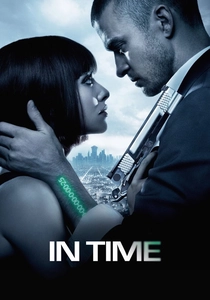
In Time (2011)
Description: In a world where time is currency, this film delves into the economic disparity and the business of time trading, offering a unique take on capitalism and class struggle.
Fact: The film's concept of time as money was inspired by the idea of time banking, where people exchange services based on time rather than money.
 Watch Now
Watch Now
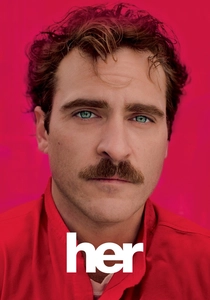
Her (2013)
Description: Exploring the relationship between humans and AI, this film subtly delves into the business of personal assistance and the commodification of intimacy.
Fact: The film's operating system, Samantha, was voiced by Scarlett Johansson, who was not initially considered for the role.
 Watch Now
Watch Now

Brazil (1985)
Description: Terry Gilliam's dystopian satire looks at bureaucracy and inefficiency in a future where consumerism and corporate control dominate society.
Fact: The film was released in several different versions due to disputes between Gilliam and Universal Pictures.
 30 Days Free
30 Days Free
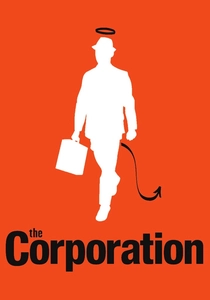
The Corporation (2003)
Description: While not strictly sci-fi, this documentary uses a fictional narrative to explore the concept of corporations as legal "persons" and their impact on society, making it a fascinating entry into the theme of business in a futuristic context.
Fact: The film was nominated for an Academy Award for Best Documentary Feature. It features interviews with numerous experts and uses a satirical approach to critique corporate culture.
 30 Days Free
30 Days Free

